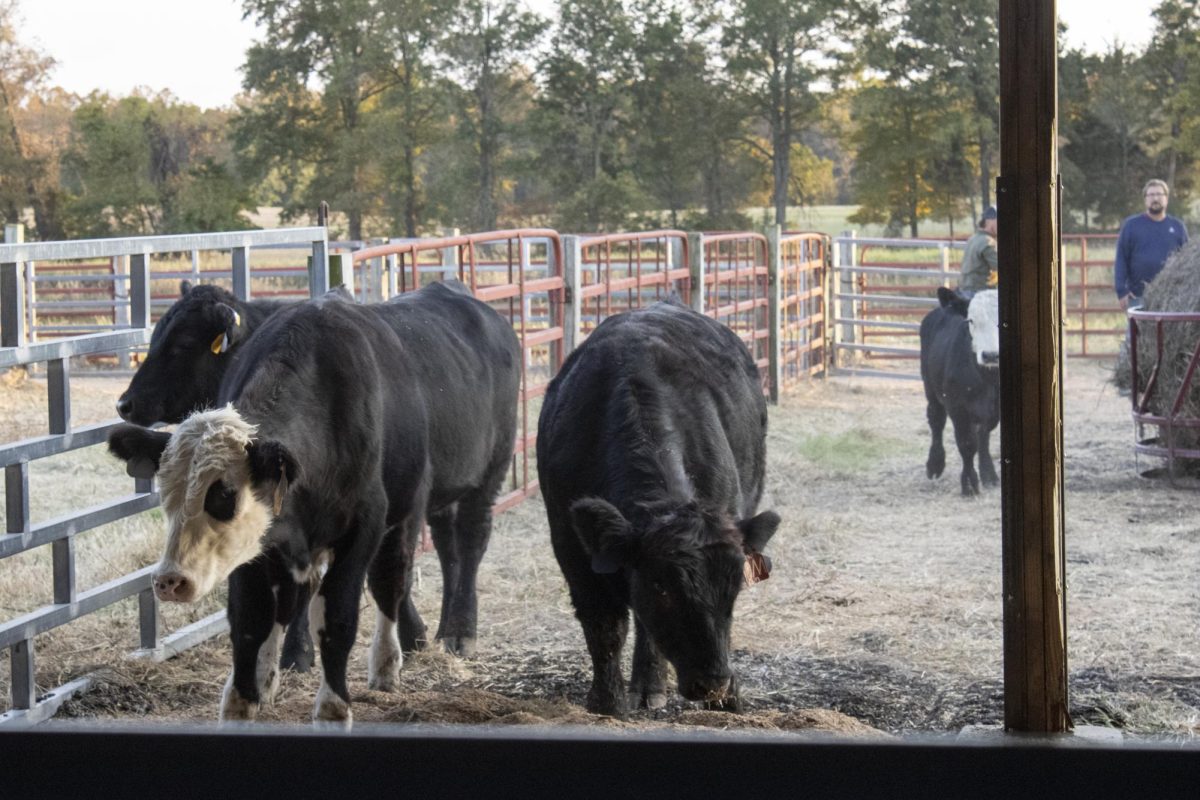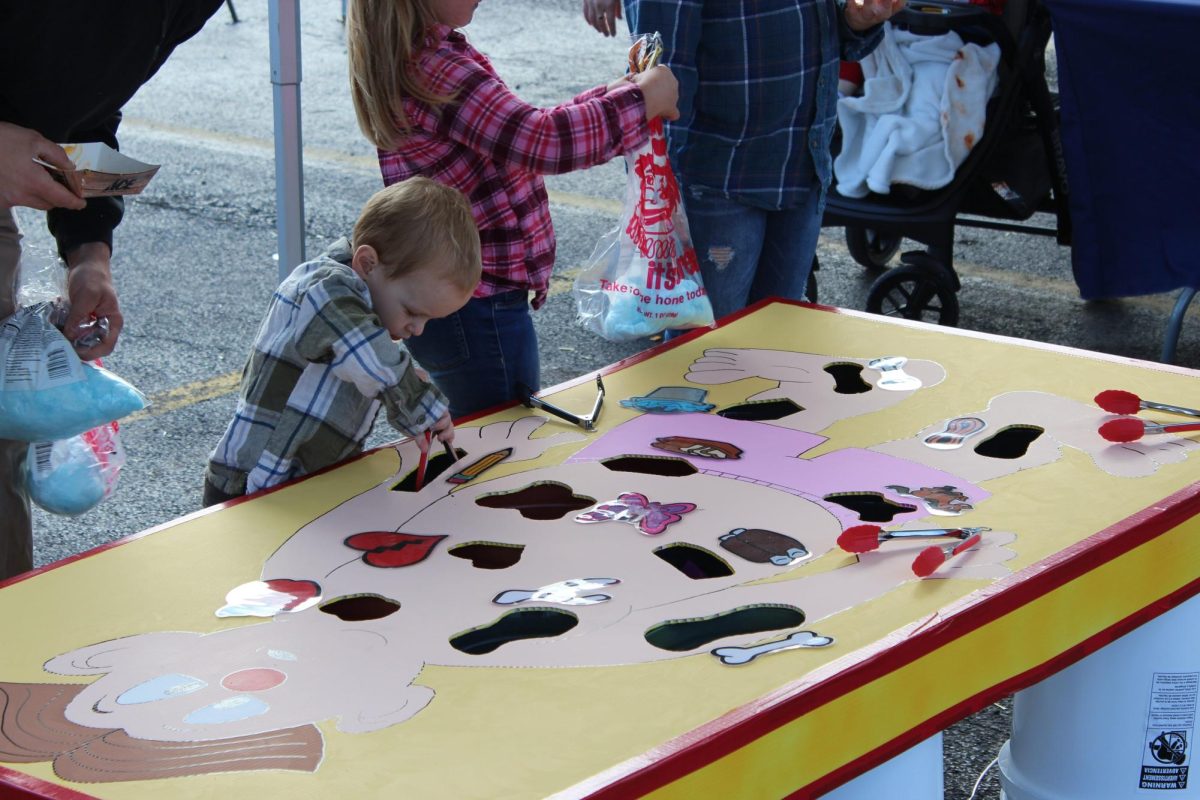Four years later
December 5, 2007
As many SIU seniors prepare to bid farewell to Carbondale, one question some forgot to answer during their four-year tenure is now demanding a response.
What will you do after graduation?
The unfortunate part of this story is that many students have the same answer now that they did when they started here: I don’t know.
Advertisement
According to the U.S. Census Bureau, the American workforce is some 155 million people strong, and about 27 percent of Americans 25 and older have a bachelor’s degree. The seniors graduating next week will be entering an economy where just more than half of the people have college degrees, making them less unique than they would hope.
This may come as rather daunting news to some Salukis.
For those of us who still have time before we graduate, here are a few suggestions.
Do the research
Before you commit too much time and money to getting a degree, find out if it is really what you want to do with the rest of your life. Look up important things, such as salary, location and job openings. Find out if the job you’d like to have requires a graduate degree, special certification or training.
Do some personal research as well. Figure out your own strengths and weaknesses, as well as what you like and don’t like. Be honest with yourself. If you can’t wrap your head around calculus, then maybe you shouldn’t be an engineer.
Have a vision
Advertisement*
I constantly talk to students who have no idea what they want to do with their degree.
To avoid this, ask yourself where you want to be in 15 years. I know how hard it is for some students to see past tomorrow, much less what they will be doing when they are in their 30s, but this is important. Just thinking of what degree you want might not be enough. College can end all too quickly.
Doing the research will also help in this area – starting from the end can help to find a beginning.
If you know what you like and what you’re good at, matching up a career should be easier. Once you have the career in mind, you can find a corresponding college degree. Once you know what degree you want. you can set goals for graduating, getting internships, etc.
Get the experience
At the first possible chance, try and do real work in the area you are studying. Just about every possible job in existence offers internships to college students, or will at least employ you for the summer. Try to get an internship or shadow a professional. You may find you can’t stand blood and switch out of premed.
Plenty of people change their minds about what they want to do after they get some experience. It’s better to receive that epiphany while still in school than 10 years into a career.
To those graduating next week, congratulations and good luck. For everyone still here, if you don’t know what you want to do after graduation, figure it out now. Don’t work to get a psychology degree just to be a bank teller. You won’t get back these years you spend in class, but you will have to pay off the loans you take out to be here.
Wenger is a junior studying Spanish and journalism.
Advertisement







